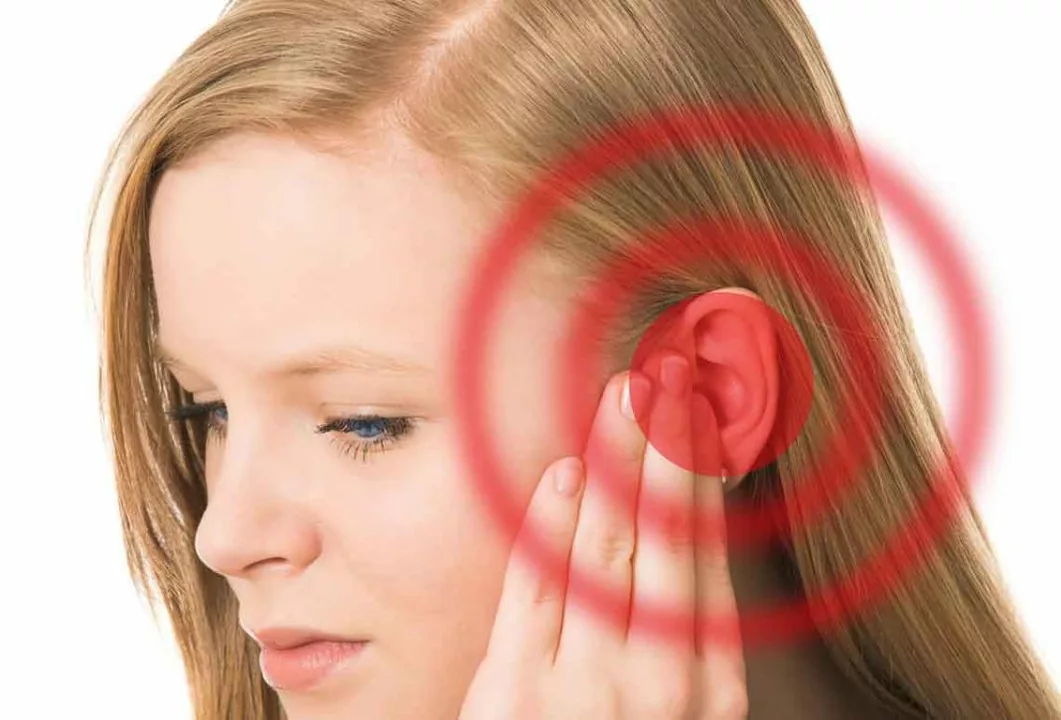Tinnitus – What It Is and How to Find Relief
If you hear a constant high‑pitched ring, buzz or hissing that isn’t coming from outside, you’re probably dealing with tinnitus. Millions of people in Canada notice this annoying noise at some point, especially after concerts, loud work environments, or as they get older. It can be mild – just a background hum – or it can dominate every quiet moment, making sleep and focus hard. The good news is that most cases have clear causes and practical ways to dial the volume down.
Why Does Tinnitus Happen?
The inner ear is full of tiny hair cells that turn sound waves into nerve signals. When those cells get damaged by loud music, heavy machinery or sudden explosions, they start sending random signals that your brain hears as ringing. Infections, earwax build‑up, high blood pressure and even some medications (like certain antibiotics or chemotherapy drugs) can also trigger tinnitus. Stress and caffeine sometimes make the noise louder, too. Knowing the root cause helps you pick the right fix – whether it’s a simple cleaning, a medication change or an audiology visit.
Practical Ways to Ease the Ringing
First, protect your ears. Use earplugs at concerts, noisy jobs and while using power tools; this stops further damage. If you suspect earwax is the culprit, a gentle over‑the‑counter softening drop can clear it safely – just follow the instructions on the label.
Sound therapy works for many people. A fan, white‑noise machine or low‑volume music masks the ringing and gives your brain something else to focus on. Hearing aids with built‑in masking features are another option if you have hearing loss; they amplify real sounds so tinnitus feels less noticeable.
Lifestyle tweaks help too. Cut back on caffeine, nicotine and alcohol, which can aggravate blood flow in the ear. Regular exercise improves circulation and reduces stress, both of which calm the brain’s response to phantom sounds. If anxiety makes the ringing louder, simple breathing exercises or short meditation sessions can bring relief within minutes.
When home remedies aren’t enough, talk to a pharmacist or doctor. Prescription options like low‑dose antidepressants or anti‑seizure meds sometimes reduce tinnitus intensity. Your pharmacy can also suggest OTC supplements such as zinc or ginkgo biloba, which some users find helpful, though results vary.
Remember, most tinnitus isn’t a sign of something serious, but if the sound is sudden, accompanied by dizziness or hearing loss, seek medical care right away. Early assessment can rule out underlying issues like Meniere’s disease or a ruptured eardrum.
Bottom line: tinnitus can be annoying, but you have tools to manage it. Protect your ears, use gentle sound masking, adjust habits that worsen the noise, and don’t hesitate to ask a pharmacist for safe over‑the‑counter products. With the right steps, the ringing will fade into the background, letting you enjoy everyday sounds again.

